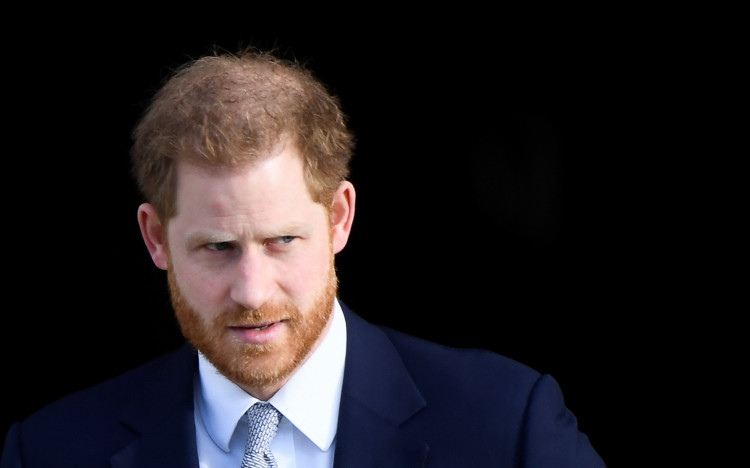Donald Trump has vocally criticized Prince Harry, labeling his actions as an "unforgivable" betrayal of the late Queen Elizabeth II, amidst ongoing legal battles surrounding the Duke of Sussex's US immigration status.
Speaking at the CPAC conference in Washington DC, Trump did not mince words when discussing the Royal Family's treatment of Prince Harry, suggesting that their leniency was misplaced.
"I wouldn't protect him. He betrayed the Queen. That's unforgivable. He would be on his own if it was down to me," Trump declared, as reported by the Daily Express US. "I think they have been too gracious to him after what he has done."
The former president's comments underscore a stark disapproval of Prince Harry's recent actions, particularly in light of his revealing memoir, "Spare," where Harry admitted to past use of marijuana, cocaine, and psychedelic mushrooms.
The crux of the controversy lies in Harry's admissions in "Spare," which have sparked legal and political debates over his eligibility for a US visa. The Heritage Foundation, a conservative think tank, has aggressively pursued the release of Harry's immigration files under the Freedom of Information Act, asserting that the Duke may have received favorable treatment during his visa application process due to his royal status. The think tank's legal action aims to uncover whether Harry's drug use was disclosed during his application and whether any special concessions were made.
The Biden administration has found itself in the crosshairs of this dispute, defending Prince Harry's right to privacy against the Heritage Foundation's demands. John Bardo, representing the Department of Homeland Security, argued in court that the prince's literary confessions are not tantamount to legal admissions of drug use, stating, "Saying something in a book doesn't necessarily make it true." This defense highlights the administration's stance on safeguarding individual privacy rights, even amidst public scrutiny and legal challenges.
Trump's criticism of Prince Harry extends beyond the legal realm, touching on broader issues of loyalty, family, and the responsibilities that accompany royal privilege. The former president's remarks reflect a sentiment that the Royal Family, and by extension, its members, should adhere to a higher standard of conduct, particularly in their personal disclosures and public statements.
The legal tussle over Prince Harry's immigration records has garnered widespread attention, not only for its implications for the Duke's residency in the US but also for the broader questions it raises about privacy, celebrity, and the intersection of public and private life. Nile Gardiner, director of the Margaret Thatcher Center for Freedom, voiced support for the Heritage Foundation's pursuit of transparency, emphasizing the public interest in the administration's handling of high-profile immigration cases.
As the case unfolds, with US District Court Judge Carl J. Nichols set to make a ruling, the international community watches closely. The outcome could set a precedent for how personal disclosures in autobiographies and public statements are interpreted in legal contexts, particularly in immigration proceedings.
Trump's unequivocal condemnation of Prince Harry's perceived betrayal of the Queen adds a layer of complexity to the ongoing legal battle, framing it within the larger discourse of royal duty, personal freedom, and the consequences of public revelations. As this saga continues to develop, it serves as a poignant reminder of the enduring fascination with, and scrutiny of, the lives of public figures, particularly those of royal descent.






